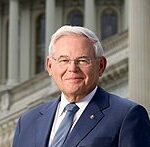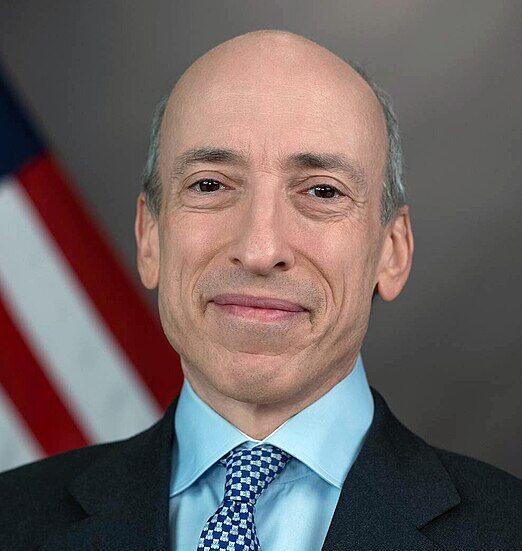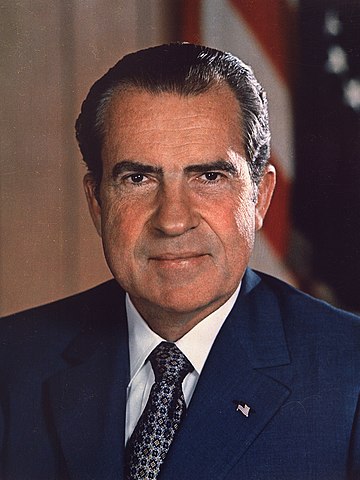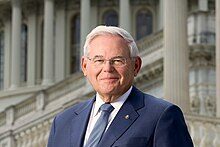
Senator Lindsey Graham, a Republican representing South Carolina, has been a prominent figure in American politics since his election to the U.S. Senate in 2002. Known for his sharp rhetoric, shifting allegiances, and influential roles on key committees, Graham’s political career has been marked by both consistency in conservative values and controversies over his policy positions and public statements. This analysis evaluates his legislative record, public statements, and their implications on his effectiveness as a policymaker and leader in Congress.
Legislative Record: Conservative Focus and Controversy
Sen. Graham has championed traditionally conservative causes, such as tax cuts, a strong national defense, and limited government. However, his legislative record often reveals a focus on ideological priorities rather than pragmatic problem-solving to address constituents’ everyday challenges.
- Tax Cuts and Economic Policies:
- Graham consistently supported Republican tax policies, including the 2017 Tax Cuts and Jobs Act (TCJA). While the TCJA significantly lowered corporate tax rates and temporarily cut taxes for individuals, its benefits were disproportionately skewed toward the wealthy and corporations. Critics argue that such policies exacerbated income inequality while providing limited long-term economic relief to middle- and lower-income families.
- Healthcare:
- Graham’s approach to healthcare reform has been divisive. He co-sponsored the Graham-Cassidy bill in 2017, an attempt to repeal and replace the Affordable Care Act (ACA). The bill proposed significant cuts to Medicaid and reduced protections for individuals with preexisting conditions. Though it ultimately failed, Graham’s advocacy for dismantling the ACA reflected a commitment to party ideology over bipartisan solutions to improve healthcare access and affordability.
- Military and Foreign Policy:
- A staunch advocate for a robust military, Graham has supported increased defense spending and interventions abroad, often emphasizing the need to combat terrorism. While his expertise on foreign policy is widely acknowledged, critics argue that his hawkish stance has sometimes prioritized military action over diplomatic solutions, as seen in his vocal support for extended U.S. involvement in Afghanistan before its eventual withdrawal.
- Social Issues:
- Graham has consistently voted against progressive policies on issues like climate change, reproductive rights, and LGBTQ+ protections. For instance, he opposed the Equality Act, which aimed to prohibit discrimination based on sexual orientation and gender identity. Similarly, his proposal for a federal 15-week abortion ban in 2022 drew sharp criticism for undermining states’ rights and disregarding women’s autonomy.
Public Statements and Political Shifts
Sen. Graham’s public statements often highlight his ability to adapt to changing political winds, though critics describe this as inconsistency or opportunism.
- Relationship with Donald Trump:
- Graham’s relationship with former President Donald Trump exemplifies his political flexibility. Initially a vocal critic during the 2016 Republican primaries, Graham later became one of Trump’s staunchest allies, defending him during controversies such as the impeachment trials. His shift was widely viewed as a strategic alignment to maintain influence within the Republican Party, but it raised questions about his principles and integrity.
- Bipartisanship Claims vs. Actions:
- Despite branding himself as a bipartisan dealmaker, Graham has often prioritized party loyalty over cross-aisle cooperation. While he occasionally collaborated with Democrats on issues like immigration reform in the early 2010s, such efforts have waned in recent years. His role in advancing highly partisan judicial confirmations, including those of Supreme Court Justices Brett Kavanaugh and Amy Coney Barrett, demonstrated his willingness to leverage procedural power for ideological ends.
- Inconsistent Rhetoric:
- Graham’s rhetoric often shifts depending on political expediency. For example, he criticized the January 6th Capitol riot but later softened his stance, downplaying the event’s significance and resisting efforts for a comprehensive investigation. Such reversals undermine his credibility and raise concerns about his commitment to upholding democratic norms.
Impact on Congressional Leadership and Governance
Graham’s performance as a leader in Congress reflects a mixed record of effectiveness and partisanship. While he has held influential roles, such as Chair of the Senate Judiciary Committee (2019–2021), his contributions often prioritize ideological victories over substantive policy solutions.
- Judiciary Committee Leadership:
- As Judiciary Chair, Graham oversaw consequential judicial confirmations that tilted the federal judiciary to the right. While this aligns with Republican goals, critics argue that his singular focus on judicial appointments came at the expense of addressing urgent legislative priorities like pandemic relief and criminal justice reform.
- Failure to Address Constituent Needs:
- South Carolina faces significant challenges, including high poverty rates, healthcare access disparities, and environmental vulnerabilities. Graham’s legislative priorities, however, rarely address these systemic issues directly. His focus on national defense and partisan battles often overshadows efforts to improve economic and social conditions in his state.
- Obstructionism:
- Graham’s role in obstructing Democratic initiatives, such as voting rights legislation and pandemic recovery efforts, highlights a broader trend of partisanship that impedes constructive governance. Critics argue that his approach often prioritizes short-term political gains over long-term solutions.
Conclusion
Sen. Lindsey Graham’s career exemplifies the tensions between political pragmatism and ideological steadfastness. While his expertise in foreign policy and influence within the Republican Party are undeniable, his legislative priorities and public statements often prioritize partisanship and political expediency over substantive policymaking. Critics contend that his leadership in Congress has contributed to gridlock and undermined efforts to address pressing national and constituent challenges.
To improve his effectiveness, Graham would benefit from greater consistency in his principles, a stronger focus on bipartisan solutions, and a commitment to addressing the economic, social, and environmental needs of South Carolinians. Without these shifts, his legacy may remain defined by his adaptability to political winds rather than his ability to enact meaningful change.











